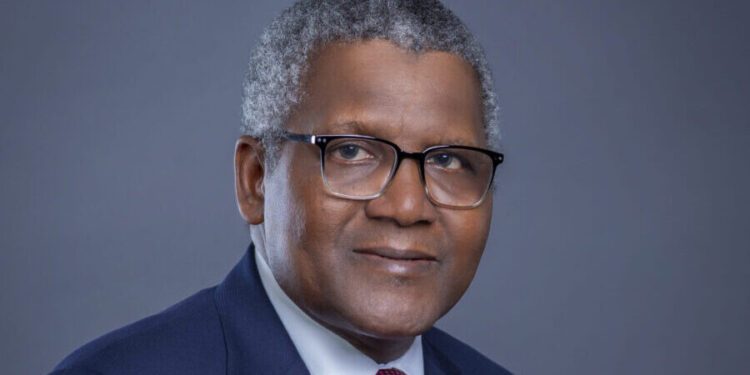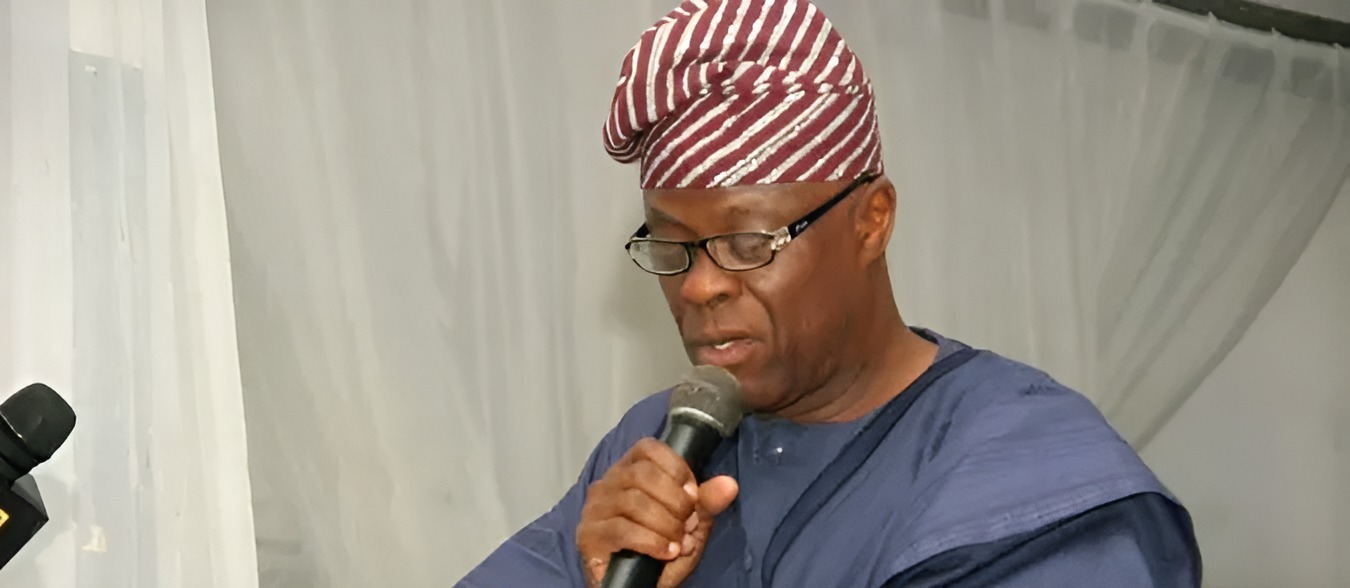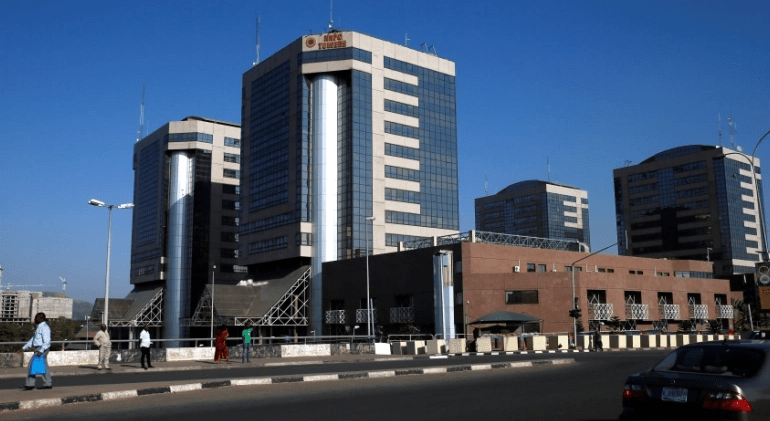Fadekemi Ajakaiye
A new report states that there is a 15 per cent increase in the Lagos housing deficit from approximately 2.95 million units in 2016 to 3.4 million in 2025.
The report, ‘State of Lagos Housing Market Report (Vol. 3)’, produced by the Roland Igbinoba Real Foundation for Housing and Urban Development (RIRFHUD), paints a mixed picture of progress and persistent inequality in the city’s real estate sector.
The report is based on field surveys, property analytics, and satellite data, making it one of the most comprehensive independent studies of the Lagos real estate landscape to date. It builds on earlier editions from 2009 and 2016 and is expected to shape future investment and policy direction in the sector.
The third edition of the report, unveiled at an event in Victoria Island, Lagos, highlights widening disparities between high-end developments and the struggle for affordable housing in urban and peri-urban areas.
Over 70% of Lagos residents, the report says, remain renters, with many spending between 40% and 60% of their income on rent. “This rent burden is highest in areas like Lekki, Ikoyi, and Victoria Island, where luxury apartment prices continue to rise despite broader economic challenges.”
The report notes that while luxury real estate and short-let apartments are booming—driven by diaspora investment and developers targeting high-net-worth clients—the low-income housing segment remains underfunded and underserved. Notably, there is a growing mismatch between private sector supply and actual urban demand.
Among key findings are that Ikorodu, Badagry, and Alimosho were identified as areas with the highest housing demand but minimal new supply; real estate prices rose by 12% year-on-year, despite rising construction costs and economic volatility and short-let rentals and serviced apartments saw a 15–18% increase in yields in highbrow areas, but vacancy rates are rising in mainland zones due to affordability concerns. Also, infrastructure gaps—particularly in drainage, road access, and electricity—continue to dampen the viability of many residential zones.
The report also warns of deepening informal settlements and unregulated developments, urging stronger partnerships between government and the private sector to deliver inclusive housing. It calls for targeted incentives, including land reforms, tax breaks, and mortgage support for developers building affordable homes.
Within the period under review, report the Lagos housing market continued to evolve within a highly complex and dynamic environment, shaped by macroeconomic volatility, shifting housing demand, escalating construction costs, and a widening gap between luxury and affordable housing delivery. Stakeholders underscored a deepening mismatch between housing supply and actual demand.
Many developers observed that new developments are skewed toward high-end properties, predominantly 3-5 bedroom homes in elite areas, even though a large majority of Lagosians cannot afford such units. As one respondent put it, “The market is saturated with high-end apartments, but the middle-class can’t keep up.” This sentiment was echoed by others who highlighted that the proliferation of luxury units does not align with the income profiles of most potential homebuyers.
Another major theme emerging from the interviews was the continued difficulty in navigating Lagos’ regulatory and administrative landscape. Developers reported that land titling and documentation processes remain inefficient and costly, adding as much as 15 to 20 percent to overall housing costs. These administrative bottlenecks, combined with delays in securing development permits, are discouraging new investment and slowing the pace of residential construction. Furthermore, the persistent infrastructure deficit especially inadequate road access and poor drainage was flagged as a significant barrier to expanding housing developments into less saturated peri-urban areas.
From a demand perspective, the housing market in Lagos remains highly pressured. The city continues to experience rapid urbanisation, with an estimated 600,000 new residents arriving each year. The population growth is driving sustained demand for both rental and ownership options, particularly among youth and young professionals. However, much of this demand remains unmet due to affordability constraints.
A significant portion of Lagosians earn below N100,000 monthly, making it difficult for them to access formal housing, especially as less than 5 percent of new units are priced below N15 million. Rental demand is strong, particularly among individuals under 35, many of whom face job insecurity and limited credit access. Interestingly, there is also a growing appetite for micro-units and co-living models, although the supply of such housing remains limited.
At the upper end of the market, the luxury residential segment continues to attract investor attention, particularly in areas such as Ikoyi, Banana Island, Victoria Island, and Eko Atlantic. These locations dominate Lagos’ high-end property landscape, with price indices in 2024 showing annual appreciation rates ranging from 20 to 60 percent.
Notably, six-bedroom homes in Banana Island and Eko Atlantic surged to index values exceeding 700 by the fourth quarter of 2024, underscoring strong investor interest, particularly from high-net-worth individuals and diaspora buyers. However, despite these high valuations, transaction volumes in some parts of the luxury segment have begun to plateau. Foreign exchange instability, limited mortgage availability, and investor fatigue are emerging as constraints, particularly in the 5-bedroom and 4-bedroom brackets.
A defining feature of the luxury market is the growing trend of short-let and Airbnb conversions. Developers and investors are increasingly turning to these models to maximise rental yields, particularly in areas with strong tourism and business travel demand. While this strategy enhances short-term profitability, it is contributing to a market shift away from owner-occupancy and long-term residential use, exacerbating housing scarcity for permanent residents.
The cost of building materials has been a major contributor to rising house prices and declining affordability. Nigeria remains heavily dependent on imports for a wide range of construction inputs, including sanitary fittings, tiles, windows, reinforced steel, and roofing components. The devaluation of the naira, combined with increased port tariffs and logistics bottlenecks, has driven material prices sharply upward
For instance, the price of a 50kg bag of cement rose from approximately N4,500 in early 2024 to over N8,500 by early 2025. Although cement and steel are locally produced, they are not immune to inflationary pressures and fuel-driven logistics costs. Diesel price hikes have significantly affected the cost of transporting materials to construction sites, especially in fast-growing but infrastructure-poor areas such as Ibeju-Lekki and Badagry.
The Lagos State governor, Babajide Sanwo-olu, who unveiled the report, said since its inception in 2009, the report has served an evidence-based compass for housing stakeholders. “That it continues to be produced as a Corporate Social Responsibility initiative is a reflection of RIRFHUD’s longstanding commitment to supporting Lagos State’s vision for inclusive and efficient urban growth.”
Sanwo-olu, represented by Mr Sam Egube, said the state has advanced several critical reforms – from digitizing land administration through the Electronic Geographic Information System (e-GIS) to expanding mass transit networks to complement new housing developments. “The integration of initiatives like the Blue and Red Line Rail, BRT corridors, and Rail Side Estates demonstrates our focus on transit-oriented development that links housing to opportunity.
According to him, the Lagos State Building Control Agency and LASRERA have bolstered regulatory framework, improving building safety, consumer protection, and professional standards within the real estate sector. “Our push toward green building standards and smart urban design is helping to future-proof our city against environmental and climate risks.
While commending RIRFHUD for their steadfast contribution and urged stakeholders – public and private to embrace this call to action. “This report captures these achievements while offering fresh insights into housing affordability, market trends, and climate resilience. It reinforces our belief in the power of data, partnerships, and purposeful governance.
“This report is a mirror reflecting both the impressive growth and the underlying structural issues in the Lagos housing ecosystem,” said Dr. Roland Igbinoba, Executive Vice Chairman, RIRFHUD. “We are seeing a market that is vibrant at the top but increasingly unaffordable for the middle and lower classes.”
“This is not just about numbers; it’s about people,” Igbinoba added. “If Lagos wants to achieve true urban resilience, housing policy must reflect the reality of its 20 million residents.”







